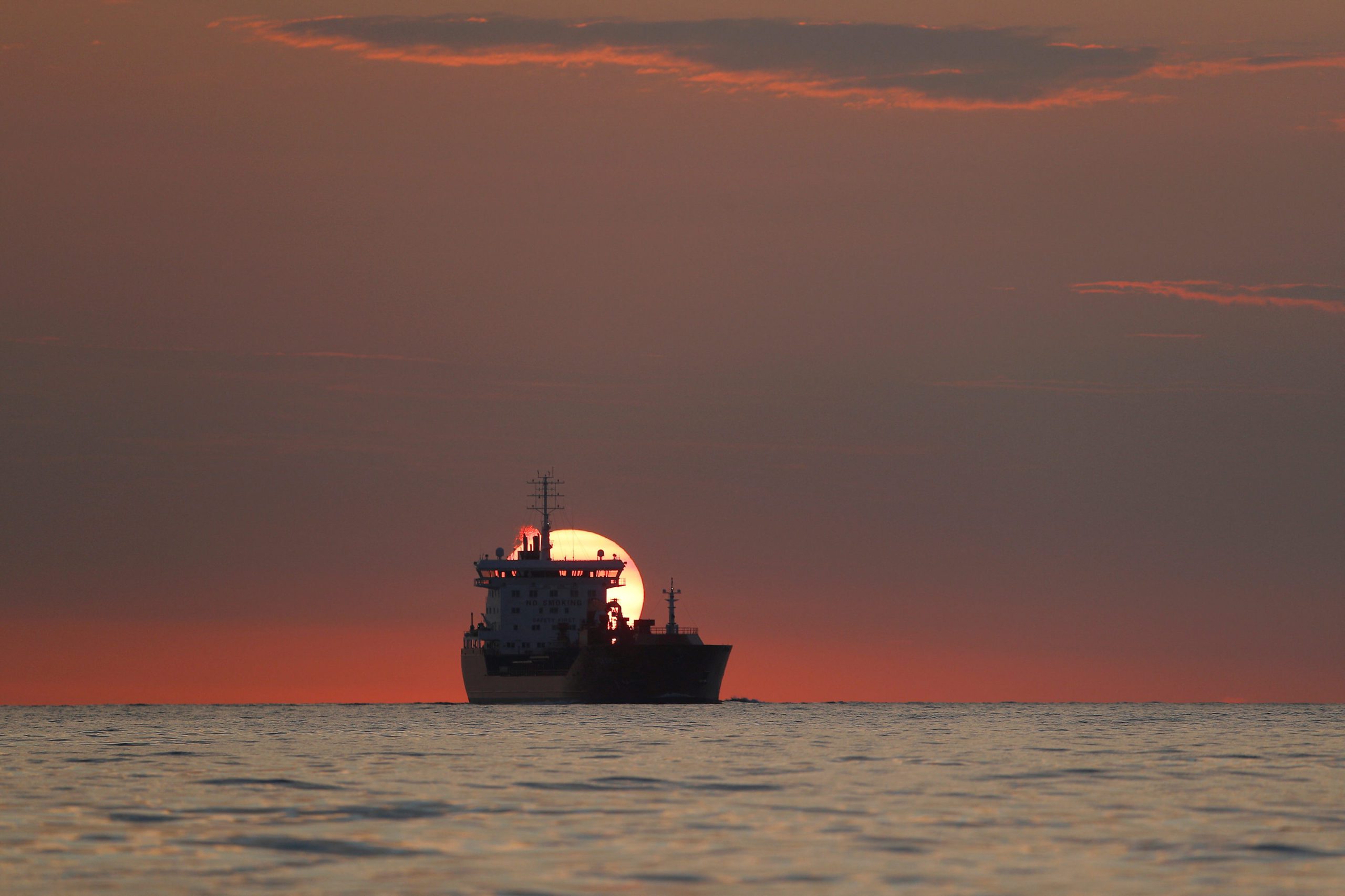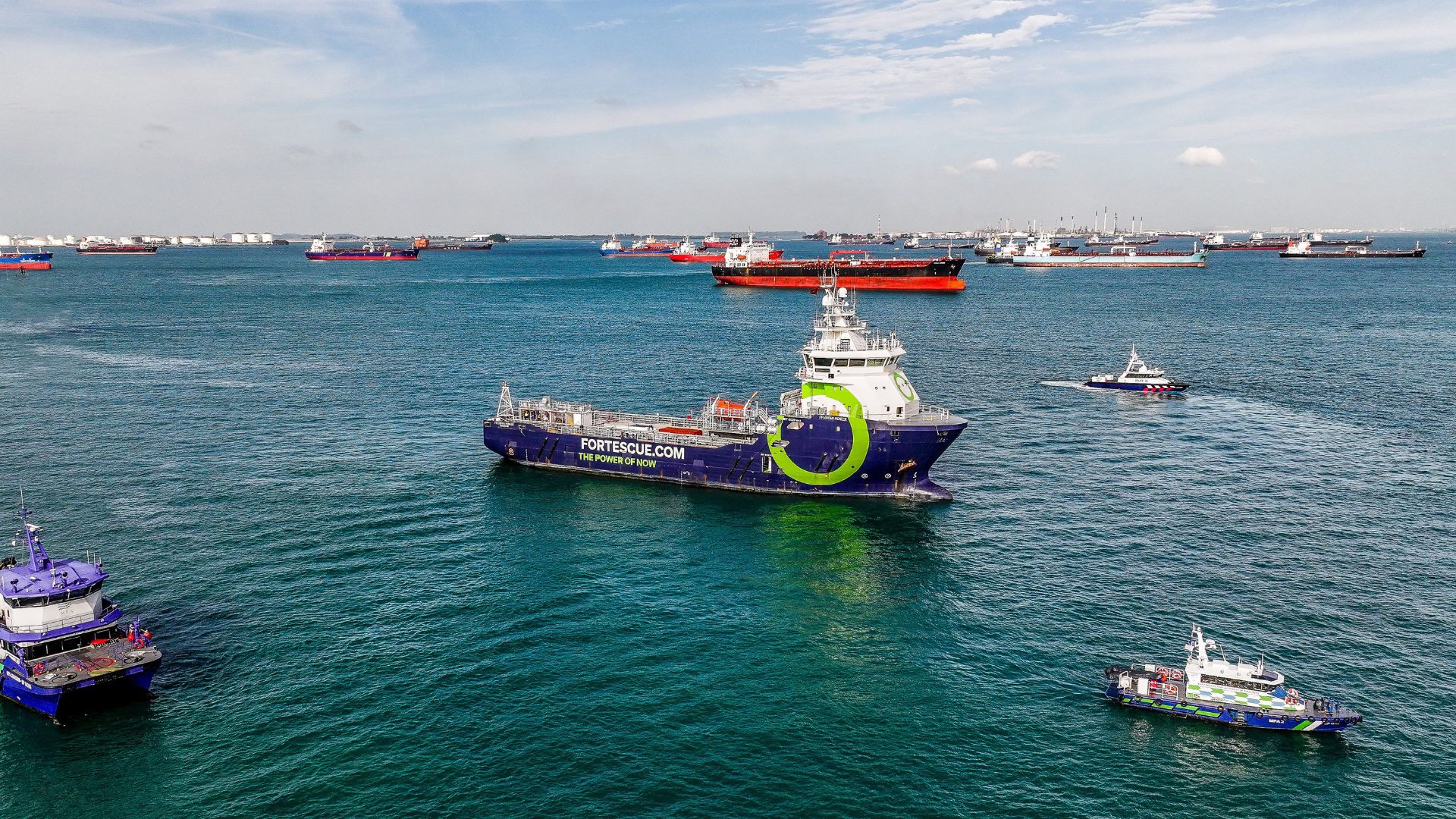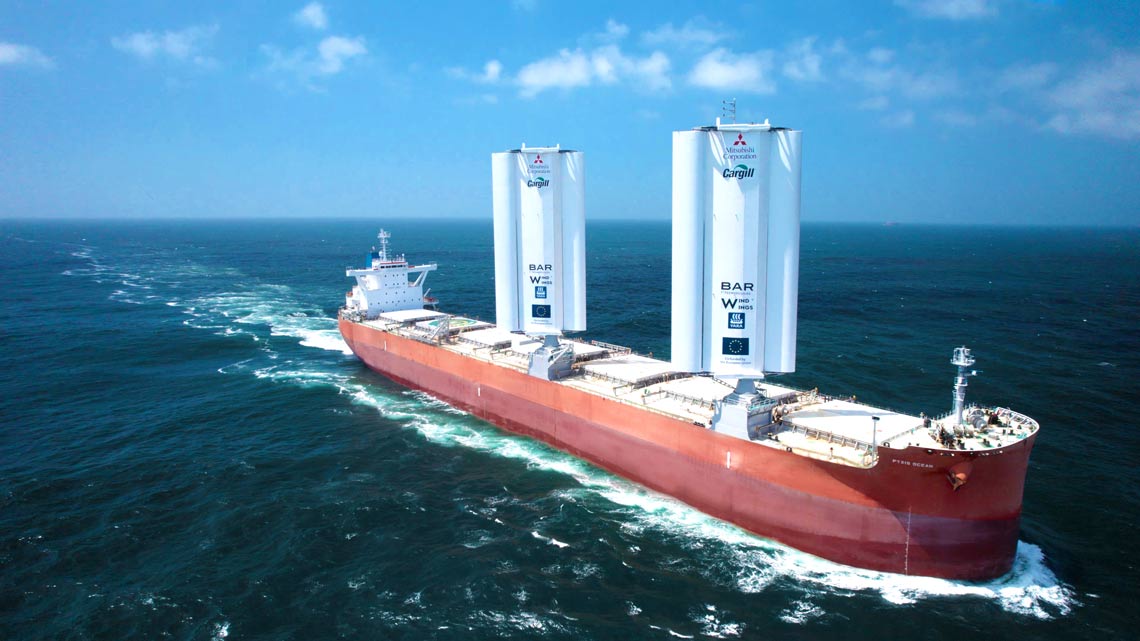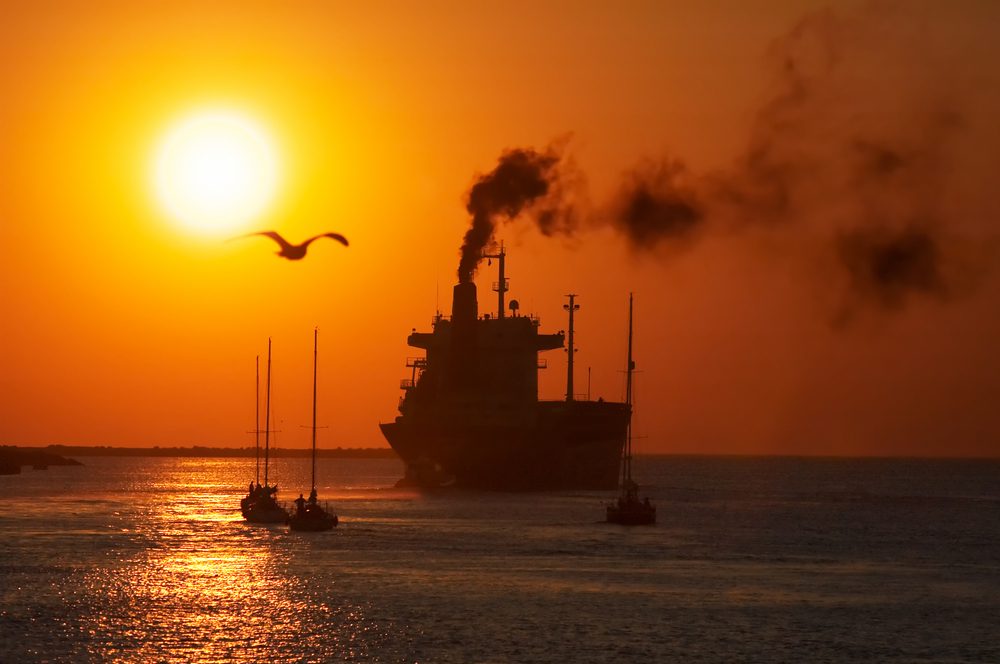The International Maritime Organization is meeting this week to continue negotiations on key policy details in the Net-Zero Framework, despite the decision last week to delay the adoption vote until 2026.
The NZF is a critical policy tool based on carbon pricing that the IMO needs to advance its 2023 Revised Strategy goals. While the Framework’s adoption has been postponed, countries are expected to make important clarifications on the Framework’s architecture and implementation, including which clean energy options will be incentivized and how the NZF revenues, worth up to $15 billion per year from 2030, will be spent.
The IMO’s 2023 Revised Strategy aims to achieve net-zero GHG emissions from international shipping by or around 2050, with interim targets including at least 40% reduction in carbon intensity by 2030 and 5-10% adoption of zero or near-zero emission fuels by 2030.
A major focus this week centers on the role of biofuels in shipping’s clean transition. Experts have repeatedly warned about the environmental and climate risks of shipping’s expansion into high-risk biofuels, calling for real clean energy incentives in the Framework, like renewably produced e-fuels and wind propulsion.
Delegates will also negotiate on the future of carbon pricing revenues, with Pacific Island states and NGO observers calling for guarantees for revenue distribution toward just and equitable transition.
Dr. Alison Shaw, IMO Policy Manager at Transport & Environment, said that while adoption of the IMO’s Net-Zero Framework has been delayed by a year, the Framework’s success was always dependent on the development of strong and coherent implementation guidelines. “This work can continue regardless of the delay. Member States now have the opportunity to add key incentives for green e-fuels and establish safeguards against unsustainable first-generation biofuels, thereby strengthening the framework. Adoption has been paused but progress shouldn’t be.”
Anaïs Rios, Shipping Policy Officer at Seas At Risk, said the Net-Zero Framework could give shipping a fighting chance to meet its climate goals, even if it is far from perfect, but countries must stop dragging their feet. “With adoption now delayed, this week at the IMO is about creating the regulatory architecture of the framework and finding clear incentives to scale up wind propulsion, a proven solution to reduce emissions today. After all, wind technology is available, it’s fair and it works: it is a proven, equitable solution in the race to decarbonisation.”
Environmental organizations including Biofuelwatch, Forest Watch Indonesia and Global Forest Coalition are calling on the IMO to exclude harmful biofuels from compliance with the Net-Zero Framework. They say decades of evidence show that indirect land use change emissions from crop-based biofuels such as soy and oil palm wipe out their claimed climate benefits, driving forest loss, food insecurity, and land and water grabbing.
Pax Butchart, Biofuel Campaigner at Biofuelwatch, urged all IMO member governments to take a strong, united stance against the inclusion of biofuels in the Net-Zero Framework. “The science is clear: crop-based and waste-derived biofuels cannot deliver real emissions reductions. Governments now have a historic opportunity to steer the shipping sector toward truly clean, zero-emission solutions that protect people and the planet.”
Recent research estimates that while used cooking oil will be the cheapest pathway for compliance, its supply is highly constrained and largely already used in the transport sector. The global waste oil supply currently used for biofuels production could only meet about 5% of shipping’s energy demand, leaving the sector reliant on the next-cheapest compliance pathway, high-ILUC biofuels, with major sustainability risks.
Last Friday, IMO governments decided to delay the adoption of the Net-Zero Framework by one year at the Extraordinary Session of the Marine Environment Committee meeting in London. The negotiations on key technical details are set to continue, with a technical working group on implementation and design taking place this week (October 20-24).
Despite the delay in adoption of the Net-Zero Framework, the 2023 IMO GHG Strategy remains in place, setting net-zero targets for the IMO and international shipping by 2050.
Editorial Standards · Corrections · About gCaptain

 Join The Club
Join The Club











